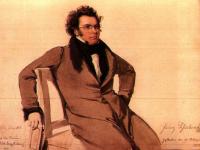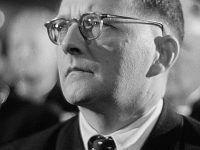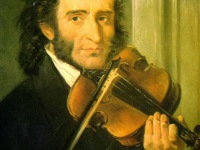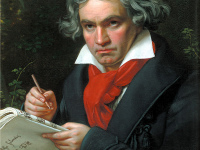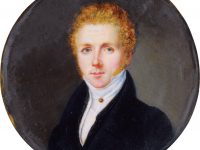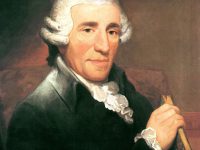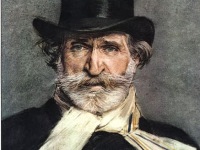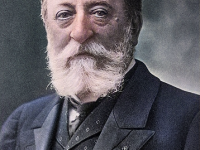Franz Schubert – Misjudged Pioneer of the Romantic Music
On January 31, 1797, the Austrian composer Franz Schubert was born. Even though his many symphonies, operas and piano pieces were not highly appreciated during his lifetime, he was posthumously praised as one of the most important composers of the Romantic era in music. “Happy to find a true friend, happier to find a true friend in his wife.” — Franz Schubert, Diary, 1816 Franz Schubert – Early Life of a Musical Prodigy Franz…
Read more

